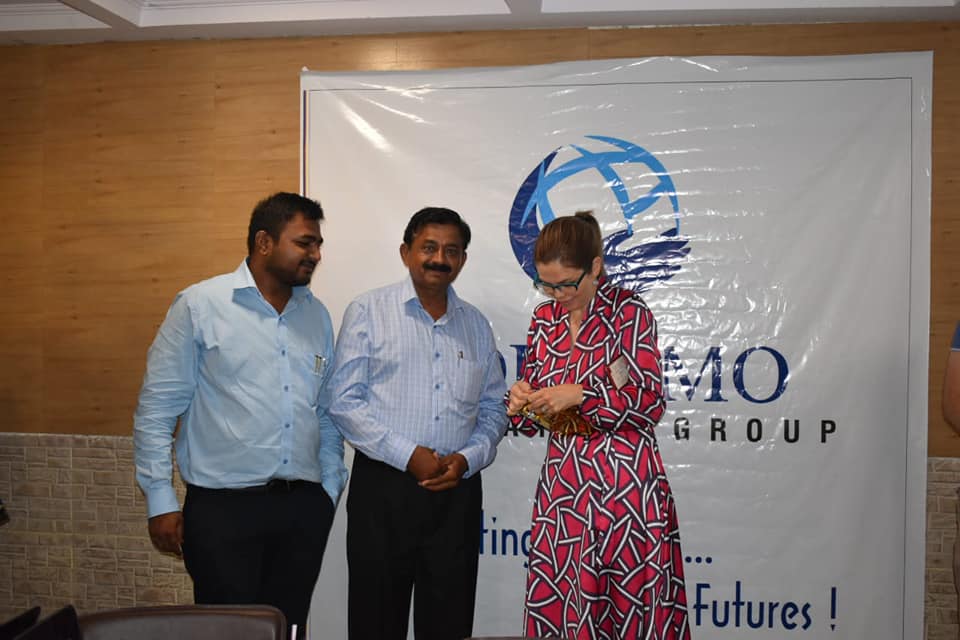Facilities and Resources Available for Indian Students at The Manila Times College School of Medicine…
Tips for Adjusting to the Philippines Culture as an Indian Student in Brokenshire College School of Medicine
![]()
Tips for Adjusting to the Philippines Culture as an Indian Student at Brokenshire College School of Medicine
 Navigating the Cultural Landscape: Insights for Indian Students at Brokenshire College School of Medicine in the Philippines : Tips for Adjusting to the Philippines Culture as an Indian Student in Brokenshire College School of Medicine
Navigating the Cultural Landscape: Insights for Indian Students at Brokenshire College School of Medicine in the Philippines : Tips for Adjusting to the Philippines Culture as an Indian Student in Brokenshire College School of Medicine
Introduction: Embarking on a medical journey in a foreign land can be both exciting and challenging. For Indian students pursuing their medical education at Brokenshire College School of Medicine in the Philippines, adjusting to the local culture is an essential aspect of their overall experience. This blog aims to provide valuable tips and insights to help Indian students adapt to the Philippines culture, fostering a smooth transition and enhancing their educational and personal growth.
- Embrace Cultural Diversity: The Philippines is a culturally diverse country with a unique blend of influences from various cultures, including Spanish, Malay, Chinese, and American. Embrace the opportunity to immerse yourself in this multicultural environment. Interact with fellow students, faculty, and locals to gain a deeper understanding of their traditions, languages, and customs.
- Learn Basic Filipino Phrases: While English is widely spoken and used as the medium of instruction in many educational institutions, learning basic Filipino phrases can go a long way in building rapport and bridging cultural gaps. Simple greetings, expressions of gratitude, and common conversational phrases can help you connect with locals on a more personal level.
- Respect Cultural Norms and Etiquette: Familiarize yourself with the cultural norms and etiquette of the Philippines to avoid unintentionally causing offense. Filipinos are known for their warm hospitality and respect for elders. Practice respectful gestures such as addressing people with ‘po’ and ‘opo’ (words used to show respect), observing personal space, and following dining etiquette.
- Engage in Cultural Activities: Participating in cultural activities and events is an excellent way to familiarize yourself with the local traditions and customs. Attend festivals, explore historical landmarks, taste traditional Filipino cuisine, and engage in community activities. These experiences will broaden your cultural horizons and create lasting memories.
- Build a Support Network: Seek out and connect with other Indian students and international peers who share similar experiences. Join student organizations, clubs, or associations that promote cross-cultural interaction. Engaging with a diverse group of people will help you form a strong support network, share experiences, and navigate challenges together.
- Explore the Local Cuisine: Food is an integral part of any culture, and the Philippines offers a rich culinary experience. Venture beyond your comfort zone and sample local dishes such as adobo, sinigang, and halo-halo. Exploring the diverse flavors will not only tantalize your taste buds but also provide insight into Filipino culture and traditions.(MBBS Abroad)
- Be Open-minded and Flexible: Cultural adjustment takes time, and it’s crucial to approach it with an open mind and a flexible attitude. Be prepared for differences in communication styles, academic expectations, and social norms. Embrace the opportunity to learn and grow from these differences, fostering personal development and intercultural competence.
Conclusion: Adjusting to a new culture can be a transformative experience, enriching your personal and academic journey. As an Indian student at Brokenshire College School of Medicine in the Philippines, embracing the local culture will enable you to forge meaningful connections, expand your worldview, and thrive in your medical education. By following these tips, you’ll be better equipped to navigate the cultural landscape and make the most of your time in the Philippines.


